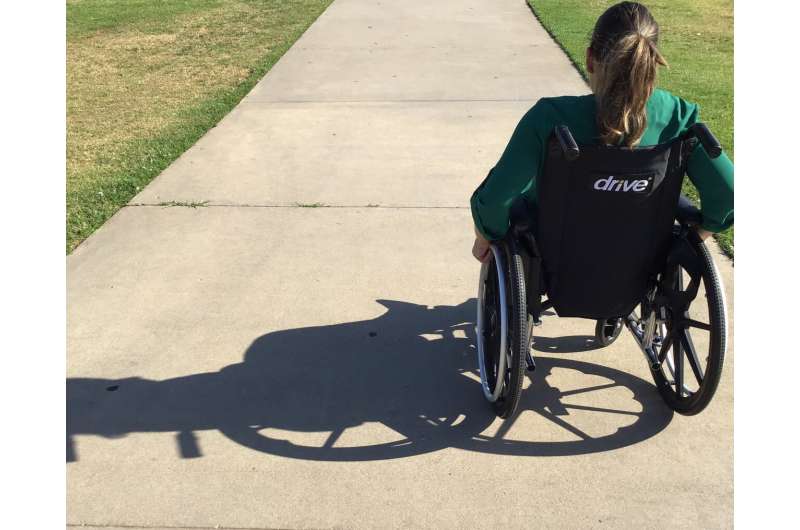New Biomarker Could Optimize KRAS Inhibitor Use in Lung Cancer Treatment

A new biomarker called TTF-1 has been identified to predict patient response to KRAS inhibitors in lung cancer, enabling personalized treatment strategies and improving outcomes for advanced NSCLC with KRAS G12C mutations.
Recent research from The University of Texas MD Anderson Cancer Center has uncovered a promising biomarker, TTF-1, that can predict survival outcomes in patients with advanced non-small cell lung cancer (NSCLC) harboring KRAS G12C mutations and treated with the targeted therapy sotorasib. The study, published in Nature Medicine, indicates that TTF-1 expression levels significantly influence how well patients respond to this treatment.
The findings revealed that patients with low TTF-1 levels in their lung tumors experienced poorer responses, with a median progression-free survival (PFS) of approximately 2.8 months and a median overall survival (OS) of 4.5 months. Conversely, those with high TTF-1 levels had much better outcomes, showing a median PFS of 8.1 months and a median OS of 16 months. Since TTF-1 testing is commonly performed during lung cancer diagnosis, it provides a readily accessible tool for clinicians to identify candidates likely to benefit from sotorasib, enabling more personalized treatment strategies.
KRAS mutations are the main drivers in about 25-30% of non-squamous NSCLC cases, and sotorasib was the first FDA-approved drug designed to specifically inhibit the KRAS G12C protein. Approved in 2021 following the success of the CodeBreaK 100 trial, sotorasib targets about 13% of lung adenocarcinomas. The recent study analyzed data from 429 patients—317 from the CodeBreaK 200 trial and 112 from the CodeBreaK 100 trial—evaluating the impact of TTF-1 expression on therapy outcomes.
Another significant aspect of the study involved the tumor microenvironment. Researchers observed that tumors lacking PD-L1 expression, known as 'immune cold' tumors, responded surprisingly well to sotorasib despite typically being less responsive to immunotherapy. This suggests that even patients unlikely to benefit from immune checkpoint inhibitors might still gain from KRAS-targeted therapy.
Moreover, the analysis highlighted the importance of circulating tumor DNA (ctDNA). Rapid clearance of KRAS G12C ctDNA within days of starting sotorasib was associated with improved clinical outcomes, offering a minimally invasive method to gauge early response to treatment.
These discoveries mark a step forward in precision medicine for lung cancer, paving the way for better response prediction and tailored combination therapies, especially for those with a poor prognosis due to low TTF-1 expression. Limitations of the study acknowledged some incomplete biomarker data and the need for further validation.
Overall, this research underscores the potential of integrating biomarkers like TTF-1 and ctDNA monitoring into clinical practice to enhance treatment effectiveness for lung cancer patients with KRAS mutations.
Stay Updated with Mia's Feed
Get the latest health & wellness insights delivered straight to your inbox.
Related Articles
Pennsylvania Woman Receives Innovative Gene Therapy for Rare ALS
A Pennsylvania woman with a rare genetic form of ALS is receiving a groundbreaking gene therapy treatment that targets the root cause of her disease, offering new hope for slowed progression and improved quality of life.
Responsive Parenting Strategies Can Reduce Childhood Obesity-Related Behaviors
Early responsive parenting practices can significantly reduce behaviors linked to childhood obesity, helping families foster healthier growth from infancy.
Neuronal Rhythms Enable Dynamic Switching Between Thought States
Recent discoveries reveal that hippocampal neurons can respond simultaneously to multiple brain rhythms, switching firing modes to encode complex information, with implications for understanding memory and neurological disorders.



